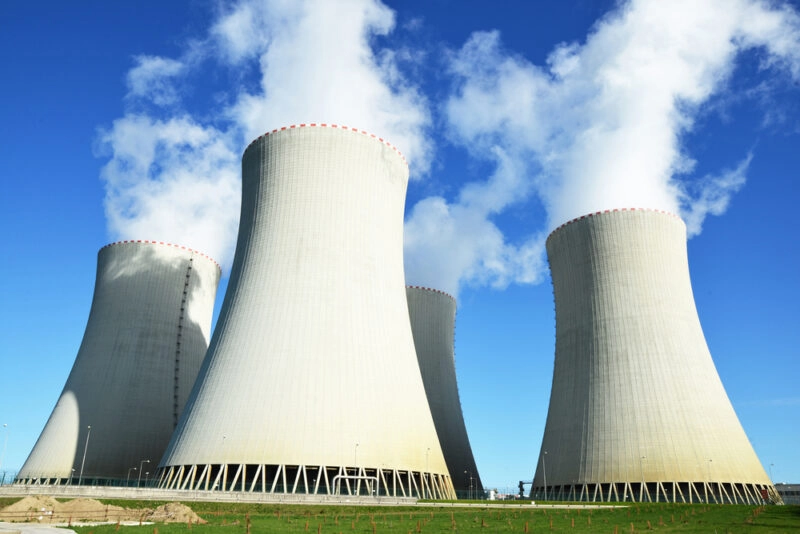The Negative Public Perception of Nuclear Energy is Posing More Risks Than Its Actual Threat
Despite being in the age of information, misinformation can often cast a longer shadow especially pertaining to the perception of nuclear energy. Even with its green credentials and immense potential for reducing carbon emissions, nuclear power struggles with public perception. Currently, there are a lot of fears and misinformation with Japan’s release of treated wastewater from the Fukushima power plant. This is a move scientifically deemed as extremely low risk.
Yet, countries like China, Taiwan, and South Korea have continued to ban the importation of seafood from Japan, stoking the fire of public anxiety that already disproportionately dwarfs the actual risk involved. Adding to the growing list of countries with concerns, Russia has added its voice to the conversation.
This discord between perception and reality could cripple efforts to diversify energy portfolios and meet several crucial goals. Even on the precipice of environmental disaster, it is vital that fact-based discourse leads the way. Without it there will be risk of forsaking one of the most efficient and safest forms of energy at disposal. If climate change is to be combatted while ensuring energy security, there needs to be a reevaluation of collective consciousnesses that surrounds nuclear power.
As the Vice President of Public Policy at C3 Solutions, Nick Loris has the knowledgeable expertise on the energy debate. With a focus on free-market environmentalism, Loris’ work seeks to navigate the complex interplay between public policy, energy resources, and environmental protection. This knowledge enables him to elaborate on where misinformation can interfere with the perception of nuclear energy and the future of its research.
Loris’ Thoughts
“What we’re seeing in response from places like China and Taiwan and South Korea in terms of continuing to ban the importation of seafood from Japan is emblematic of the larger problem with nuclear power, and that is that the public perception of risk is far greater than the actual risk. Japan’s release of wastewater from the Fukushima power plant into the ocean is extremely safe and extremely low risk. The water has been treated multiple times, and the level of radioactivity is far below any limits set and will pose negligible impacts on human health and the environment.
“In fact, the level of radioactivity is only about two percent of what the limit is for safe drinking water set by the World Health Organization. What we’re seeing in response from places like China and Taiwan and South Korea in terms of continuing to ban the importation of seafood from Japan is emblematic of the larger problem with nuclear power, and that is that the public perception of risk is far greater than the actual risk. The reality is nuclear power is among the cleanest and safest forms of energy that we have on the planet today, and if we are to meet our needs in terms of providing affordable, reliable energy and meeting our emissions targets to reduce the effects and impacts of climate change, nuclear power will play an integral role in accomplishing both.”
Article written by Alexandra Simon.
Recent Posts

The future of scalable clean energy production is also the new dawn of nuclear with the advent of small modular nuclear reactors (SMRs), a promising technology capable of revolutionizing America’s and the world’s energy landscape. As the global push for greener energy sources intensifies, these reactors present a viable pathway towards achieving significant climate […]
